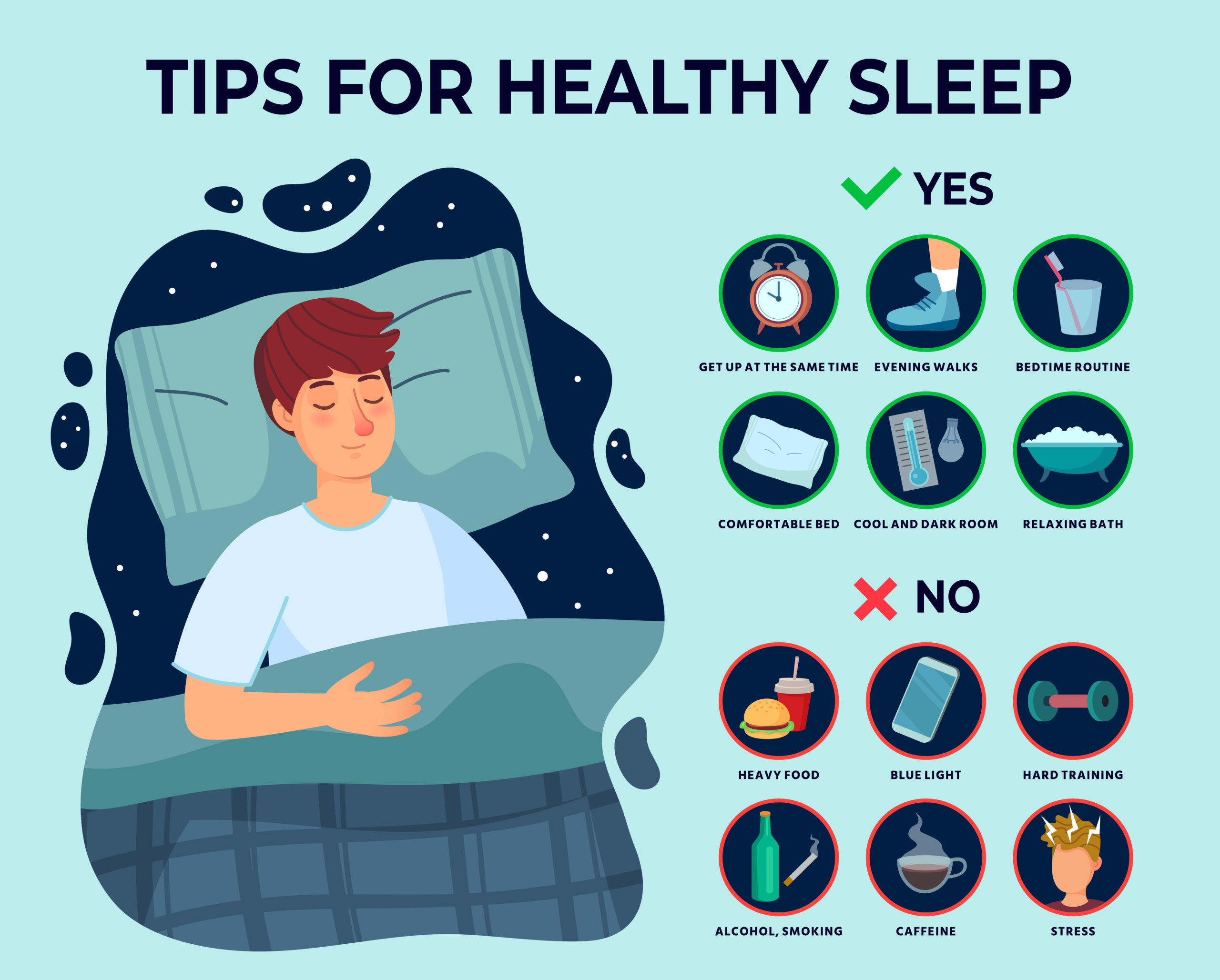🤖 AI-Generated Content
This content has been created using artificial intelligence. While we strive for accuracy, please verify important information independently.
Waking up unable to move, feeling a heavy weight, or sensing a presence in the room can be a truly unsettling experience, a bit like being trapped in your own body. This strange occurrence, often called sleep paralysis, is something many people go through at some point, and it can feel very real, very frightening. You might find yourself fully aware of your surroundings, yet completely helpless, which is, you know, a pretty jarring feeling.
From a purely physical standpoint, this happens when your brain wakes up before your body does, basically. It's connected to how we sleep, particularly a stage called REM sleep, where dreams usually happen and your muscles are naturally relaxed to keep you from acting out those dreams. When you wake during this part of your sleep cycle, that muscle relaxation might stick around for a little while, leaving you feeling stuck, so.
Yet, for many, especially within Islamic traditions, this experience goes deeper than just a simple scientific explanation. People often look for meaning in these moments, seeing them through the lens of faith and spiritual beliefs. It's a phenomenon that has, in a way, been talked about for centuries, often linked to spiritual beings or influences, which gives it a quite different feel from a medical event.
Table of Contents
- What is Sleep Paralysis, Anyway?
- The Science Behind Sleep Paralysis in Islam
- How Do Islamic Traditions View Sleep Paralysis?
- Spiritual Explanations of Sleep Paralysis in Islam
- What Does Healthy Sleep Look Like?
- Steps for Better Sleep and Avoiding Sleep Paralysis in Islam
- Can Prayer and Dhikr Help with Sleep Paralysis?
- Coping with Sleep Paralysis in Islam
What is Sleep Paralysis, Anyway?
You know, it’s a moment when you wake up, but your body just won't cooperate. You might be completely aware of everything around you, but you can't speak, can't move a muscle, and that can feel pretty alarming. It's almost as if your mind is wide awake, but your body is still in a deep slumber, which is a rather odd disconnect. The feeling can range from a slight inability to twitch a finger to a complete inability to lift your head, basically, leaving you pinned to your bed.
During a typical night's rest, your body goes through several different stages. There are, for instance, a few non-REM stages, where your body gets some deep, restorative rest, and then there's REM sleep. This last stage is when most of your dreaming happens, and your muscles become temporarily inactive, basically to stop you from flailing around while you're dreaming. Sleep paralysis happens when you briefly become conscious during this REM stage, but that muscle inactivity, you know, lingers a little longer than it should. It’s a temporary pause, a moment where the signals between your brain and body seem to get a bit mixed up, which can be quite disorienting.
The Science Behind Sleep Paralysis in Islam
When we talk about sleep, it's not just a time when our minds and bodies shut down, not really. It involves many important and necessary processes, actually. Healthy sleep consists of four stages, and we break down the traits of both REM and NREM stages, how they differ, and how to get better sleep. During sleep, intricate processes unfold in the brain and body, which is pretty amazing when you think about it. Learning about what happens when you sleep and why it’s important to get quality, restorative rest can make a big difference.
Deep sleep, for example, is when your body really gets to work. It repairs muscles, strengthens the immune system, and leaves you feeling refreshed in the morning. Learning how much deep sleep you need and how to get more can be really helpful. These stages are like different gears your body shifts into, each with a special job. When sleep paralysis happens, it's that brief moment where your brain is, like, awake, but your body's natural "off switch" for movement during dreams hasn't quite disengaged yet. It's a temporary glitch in the system, you could say, though it feels anything but temporary when it's happening, leaving you with a sense of helplessness that can be quite intense.
How Do Islamic Traditions View Sleep Paralysis?
In many Islamic cultures, the experience of sleep paralysis is often seen through a spiritual lens, you know, rather than just a medical one. People might describe it as feeling a presence, a heavy weight, or even seeing shadowy figures, and these experiences are frequently connected to spiritual entities. It’s a very common topic in conversations about the unseen world, a subject that has been pondered and discussed for generations, basically.
Often, these sensations are attributed to Jinn, which are spiritual beings mentioned in the Quran, or to Shaytan, the devil. It's believed that these entities might interact with a person during their sleep, causing the feelings of being held down or frightened. This perspective adds a whole different layer to what might otherwise be just a physical phenomenon, basically, giving it a profound spiritual significance for those who experience it. The narratives surrounding these encounters are quite varied, yet they often share a common thread of spiritual vulnerability or attack, which is a pretty powerful idea.
Spiritual Explanations of Sleep Paralysis in Islam
For some, the heavy feeling or the sense of being watched during sleep paralysis is a sign of Jinn trying to bother them. It's like, they might believe that certain actions or a lack of spiritual protection could make one more vulnerable to such encounters. This view isn't just about fear, though; it also encourages people to seek spiritual refuge and strength. They might feel a need to reflect on their daily practices and seek closeness to God, which can be a very comforting response.
The idea of Shaytan's influence is also a common explanation. It’s thought that Shaytan might try to cause fear or distress, especially during vulnerable states like sleep. This interpretation often leads people to turn to specific prayers and remembrances before bed, seeking protection from such disturbances. It's a way of, you know, making sense of a frightening event within a framework of faith and seeking solace. This spiritual interpretation of sleep paralysis in Islam provides a way for people to understand and cope with something that can feel very overwhelming, offering a path to peace through their beliefs.
What Does Healthy Sleep Look Like?
Healthy sleep is a basic need that is closely tied to your overall health and well-being, actually. It's not just about closing your eyes for a few hours; it's about getting quality rest that truly helps your body and mind recover. Learning what healthy sleep looks like and how to get it can make a big difference in your daily life, you know. Think of it as a crucial part of your body's maintenance routine, something that keeps all your systems running smoothly, so.
Quality sleep leads to a number of mental and physical health benefits, so. When you sleep well, your brain gets to sort through information, process emotions, and store memories, which helps your mood tend to be more stable, and your body gets to repair itself. This includes muscle repair, strengthening your immune system, and making sure you feel refreshed in the morning. It’s a very important part of staying healthy, almost like a reset button for your entire system, basically, allowing you to wake up feeling ready to take on the day.
Steps for Better Sleep and Avoiding Sleep Paralysis in Islam
Looking to improve your sleep? We highlight the best tips for better sleep, including changes you can make during the day and before bed. One key thing is to stick to a sleep schedule, setting aside no more than eight hours for sleep. The recommended amount of sleep for a healthy adult is at least seven hours, which is a pretty good guideline to follow. Going to bed and waking up at roughly the same time each day, even on weekends, can really help regulate your body's internal clock, you know, making it easier to fall asleep and wake up naturally.
If you're looking for ways to fall asleep fast, we share the relaxation methods that can help you clear your mind and get to sleep quickly. Things like deep breathing, gentle stretches, or even just reading a calm book can help prepare your body for rest. Creating a quiet and
Additional Resources
Visual Content



Disclaimer: This content was generated using AI technology. While every effort has been made to ensure accuracy, we recommend consulting multiple sources for critical decisions or research purposes.
